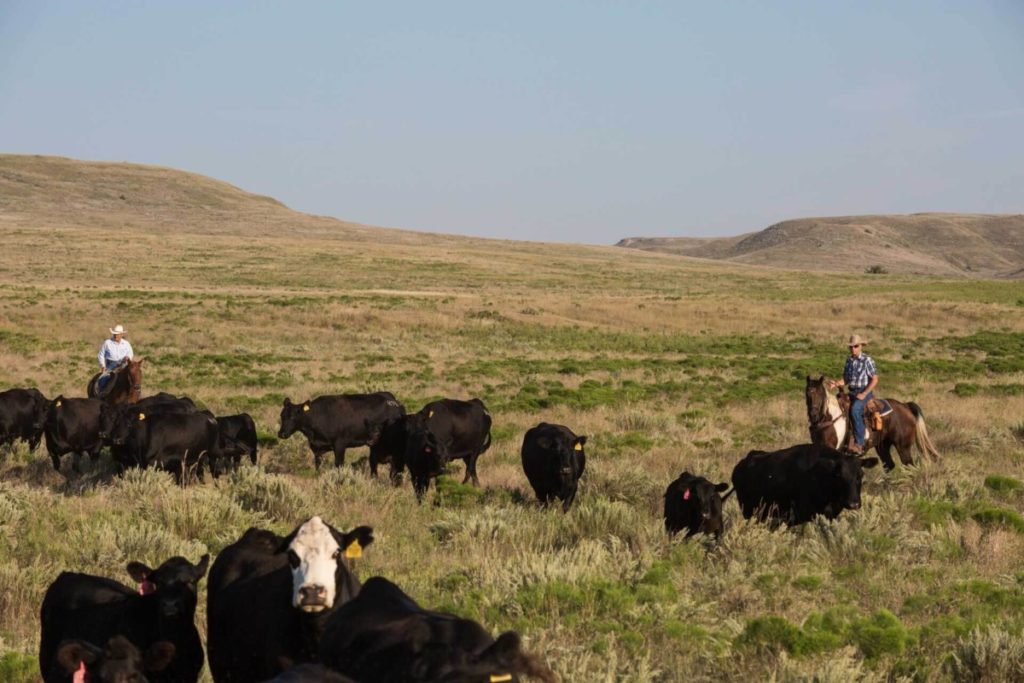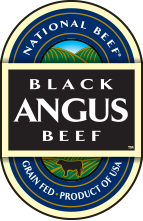Q&A Roger Giles

Roger Giles
Read about how vaccinations and antibiotics play a role in animal health.
How are calves weaned from the mama cows?
Calves are separated from the cows and moved to a starter yard when they are between 6 to 9 months of age and weigh 400 to 600 pounds. They are fed a ration, given water and their health is closely monitored. At the same time, the mama cows are also closely monitored.
How often does a cow have a calf?
Cows give birth once a year, typically to one calf weigh between 60 to 100 pounds.
How many years do cows stay in breeding stock?
Cows typically stay on the ranch about 7 to 9 years.
What does a geneticist do in a cow/calf operation? And what is ai?
A geneticist works to increase the herd quality, by tracking and monitoring the breeding performance of the animals and managing the mating selections of bulls and cows. AI stands for Artificial Insemination, this process allows bulls to produce more offspring, and allows the geneticist to select the best males to breed with the cows. Bulls are typically stronger, powerful and sometimes ill-behaved requiring special housing and handling on a ranch. AI provides access to better genetics, while also reducing the quantity of bulls required, making it more and more common on today’s farms and ranches.
Why is monitoring animal health so important?
Monitoring and ensuring the health of cattle is a big part of managing a cow-calf operation. Cattle need adequate space, good nutrition and clean water. Low stress handling techniques are used at all times to prevent sickness and injury. Keeping a healthy herd is not only the right thing to do, it’s critical to the bottom-line. Sick or poorly conditioned cows do not breed or perform well and treating sick animals is time consuming and costly.
How are antibiotics used?
Antibiotics are sometimes used to treat sick animals. We have better screening tools than in the past, and are better able to identify the illness that need antibiotics. With the help of veterinarians, we are able to provide the right treatment for the right amount of time and get the animal home quicker. Treating sick animals is expensive, so we focus on prevention.
Preserving the effectiveness of antibiotics is a critical issue for both animal and human health. As pointed out by the American Association of Pediatrics (AAP), the overuse or misuse of antibiotics in both human and animal health could impact our ability to treat infectious diseases in both animals and humans. None of us want that to happen.
We use the Beef Quality Assurance program and research to maintain high standards of animal care and health and to help us continuously improve how we use tools like antibiotics.
